Are you a train enthusiast? Here are the best railway museums in Lower Saxony:
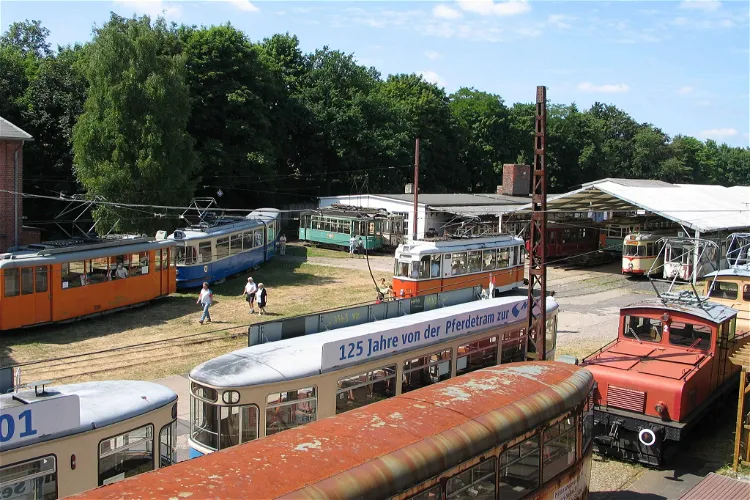
Hanover Tramway Museum
SehndeThe Hannoversche Straßenbahn-Museum (HSM) is a museum dedicated to trams and related vehicles. It is located in Wehmingen, a district in Sehnde, southeast of Hannover. The museum is privately run and operates on a voluntary basis.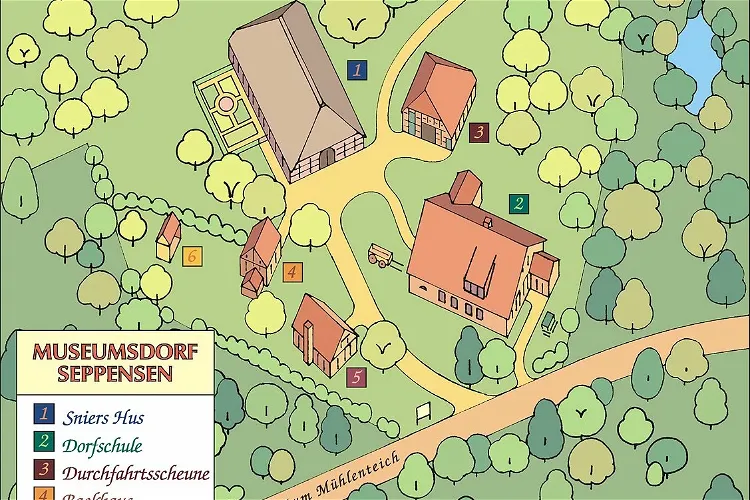
Museumsdorf Seppensen
Buchholz in der NordheideThe Museumsdorf Seppensen is an open-air museum located in Buchholz - Seppensen. The museum features a central village square surrounded by four half-timbered houses, a brick house, and a bee stand. This setup provides a unique insight into the historical architecture and lifestyle of the region.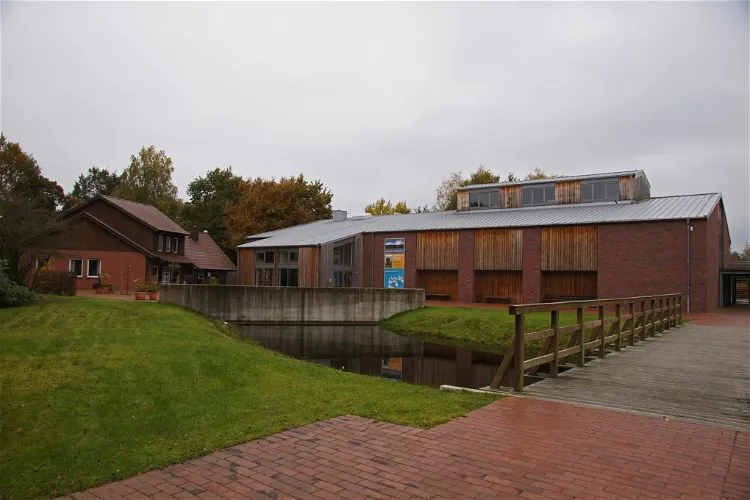
Emsland Moormuseum
Heseper TorfwerkThe Emsland Moormuseum, located in Gro Hesepe, Geeste municipality in the Lower Saxony district of Emsland, is recognized as the largest moor museum in Europe. It offers a comprehensive insight into the history and significance of moors in the region, making it a unique destination for those interested in natural history and environmental conservation.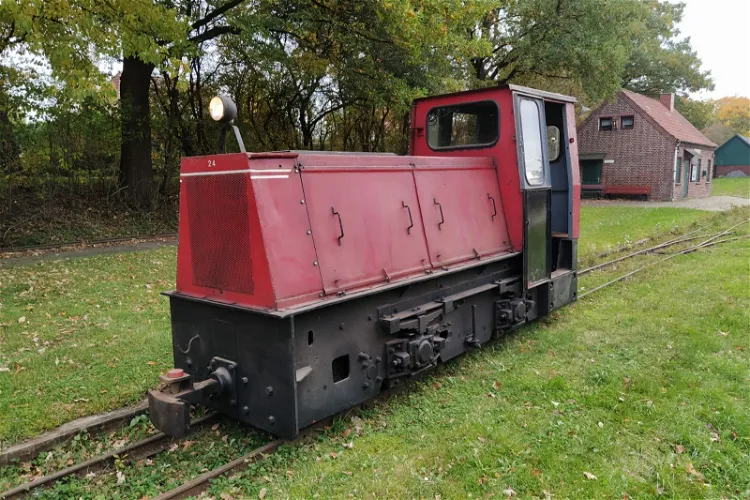
Deutsches Feld- und Kleinbahnmuseum e.V
DeinsteThe Deutsches Feld- und Kleinbahnmuseum (DFKM) is a museum dedicated to the history of field railways. It is situated in the municipality of Deinste, in the Stade district of Lower Saxony. This location offers a unique insight into the history and development of field railways, making it an interesting destination for railway enthusiasts and history buffs alike.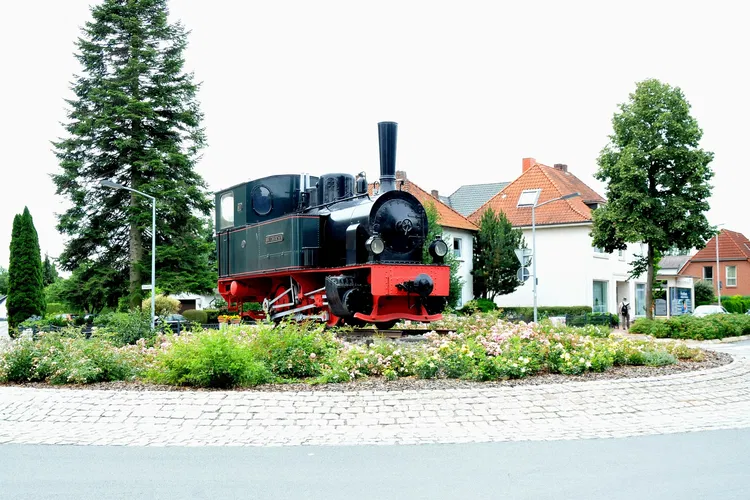
Deutscher Eisenbahn-Verein
Bruchhausen-VilsenThe Deutscher Eisenbahn-Verein e. V. (DEV) is a club based in Bruchhausen-Vilsen. Its primary goal is to preserve a small railway with all its facilities as a living open-air museum. This initiative provides a unique opportunity for visitors to experience the historical railway system in its original form.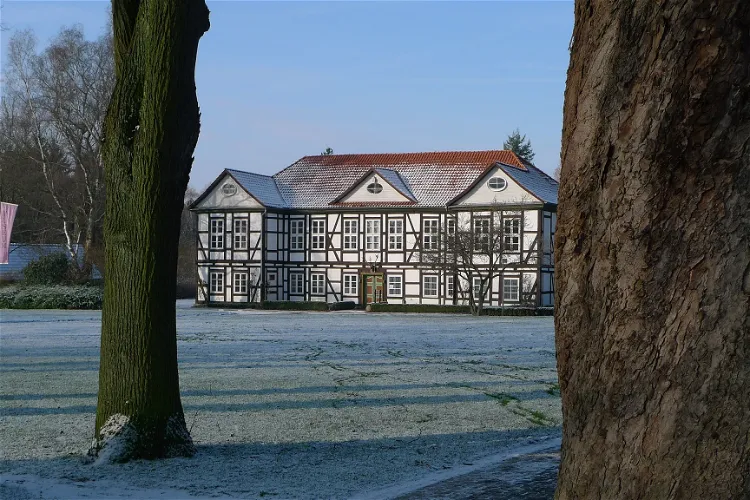
Städtisches Museum Seesen
SeesenThe Städtisches Museum Seesen is a municipal museum situated in the Lower Saxon town of Seesen. It is a significant cultural institution in the region, offering a wide range of exhibits that provide insights into the history and culture of the area.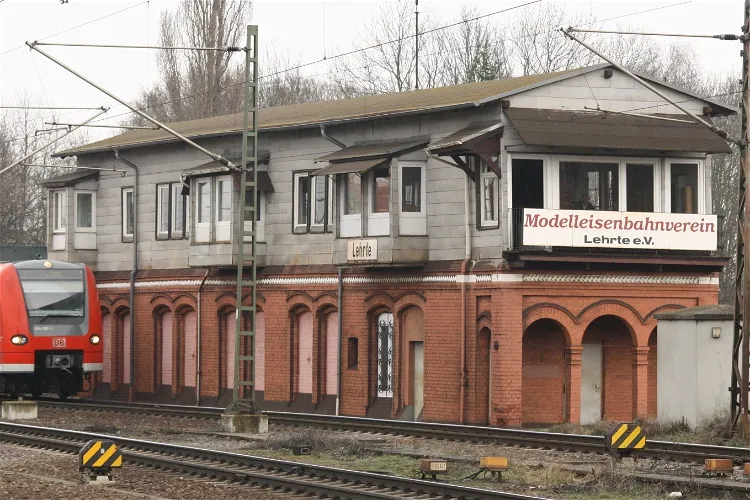
Museumsstellwerk Lpf
LehrteThe Museumsstellwerk Lpf is a historic signal box located in Lehrte. It is strategically positioned between the still operational routes to Hannover and Celle. This location offers visitors a unique opportunity to explore a piece of railway history while being in close proximity to active railway lines.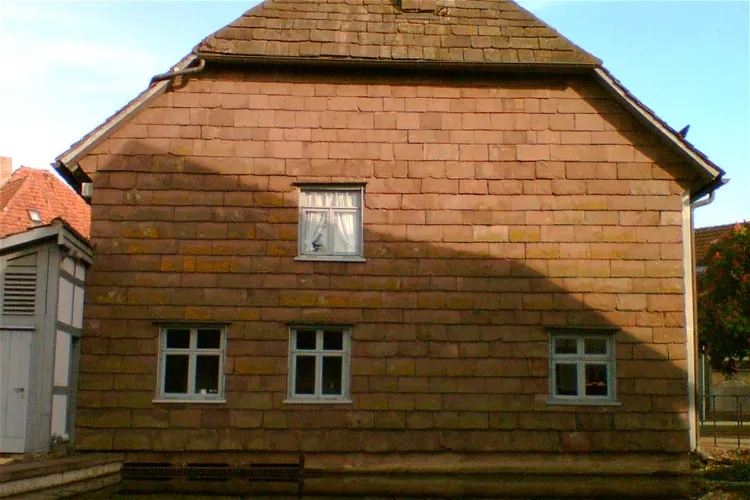
Blankschmiede Neimke
DasselThe Blankschmiede Neimke in Dassel is a unique museum that combines technology and agriculture. It houses a water-powered hammer forge, providing visitors with a glimpse into the past. This museum is a cultural monument and offers an interesting insight into the historical techniques of forging.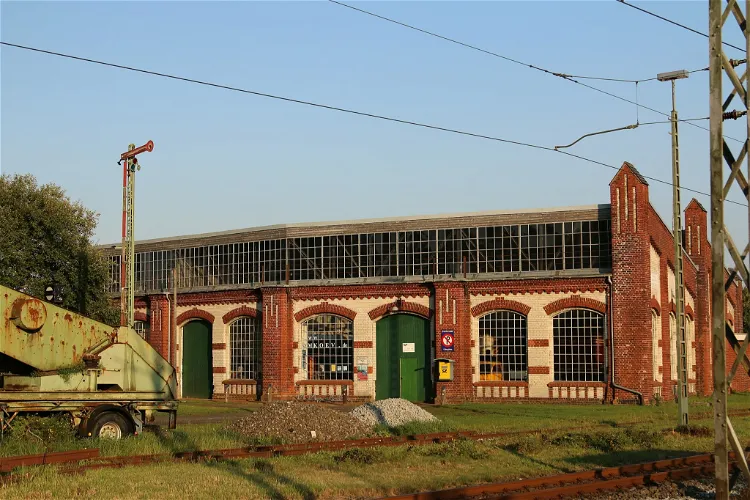
Museumseisenbahn Küstenbahn Ostfriesland
NordenThe Museumseisenbahn Küstenbahn Ostfriesland e. V. (MKO) is a society based in Norden, Germany. Its primary objective is to preserve and maintain the operational status of the historic coastal railway stretch between the former district town of Norden and the municipality of Dornum. This railway line once formed part of the continuous connection between Emden and Jever along the East Frisian North Sea coast.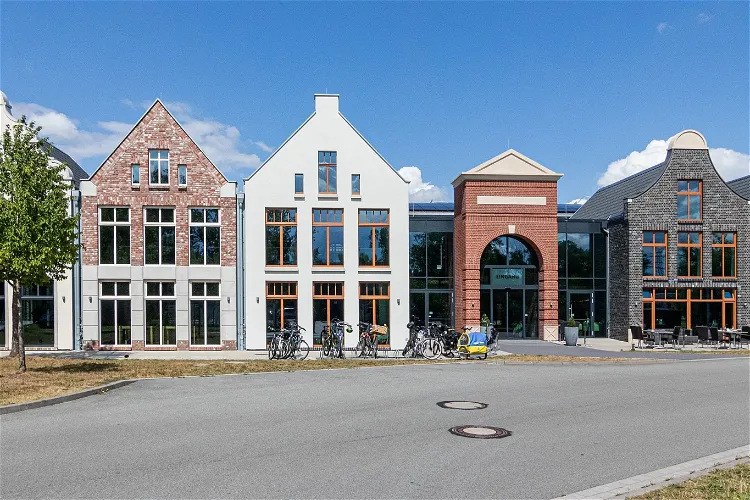
Leeraner Miniaturland
Landkreis LeerLeeraner Miniaturland is a model railway exhibition that spans an area of 1,100 m². It is situated in the western part of the city of Leer, in the region of Ostfriesland, Germany. The exhibition also includes outdoor areas for visitors to explore.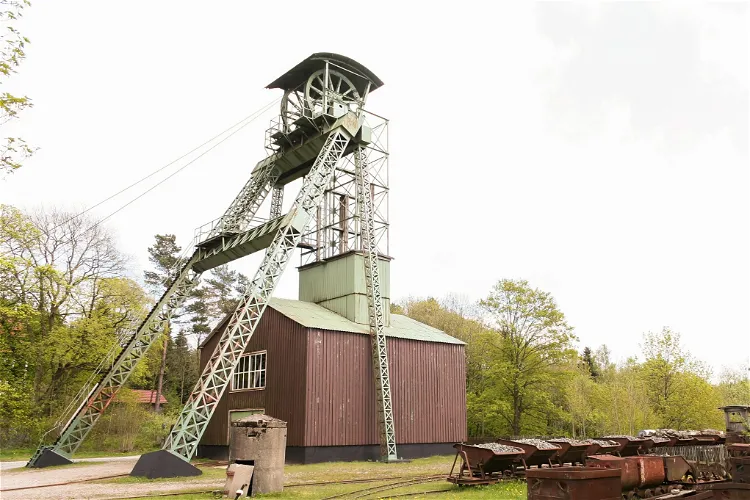
Ottiliaeschacht
Clausthal-ZellerfeldThe Ottiliae Shaft is recognized as part of the World Heritage Route of the UNESCO World Heritage in the Harz. This recognition underscores the historical and cultural significance of the site, making it a noteworthy destination for those interested in history and heritage.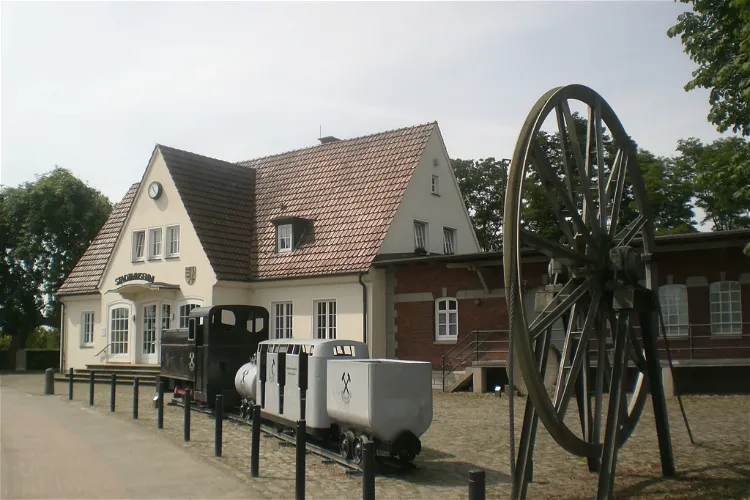
Stadtmuseum Damme
DammeThe Stadtmuseum Damme has four main exhibition focuses. Visitors can explore exhibits on the "oldest plank road in the world", artifacts from the surrounding Neolithic and Bronze Age burial sites, and exhibits on the Dersaburg and the territorial dispute of the Prince-Bishops of Osnabrück and Münster in the city area from 1252–1802 or 1817. These exhibits provide a deep dive into the rich history and culture of the region.